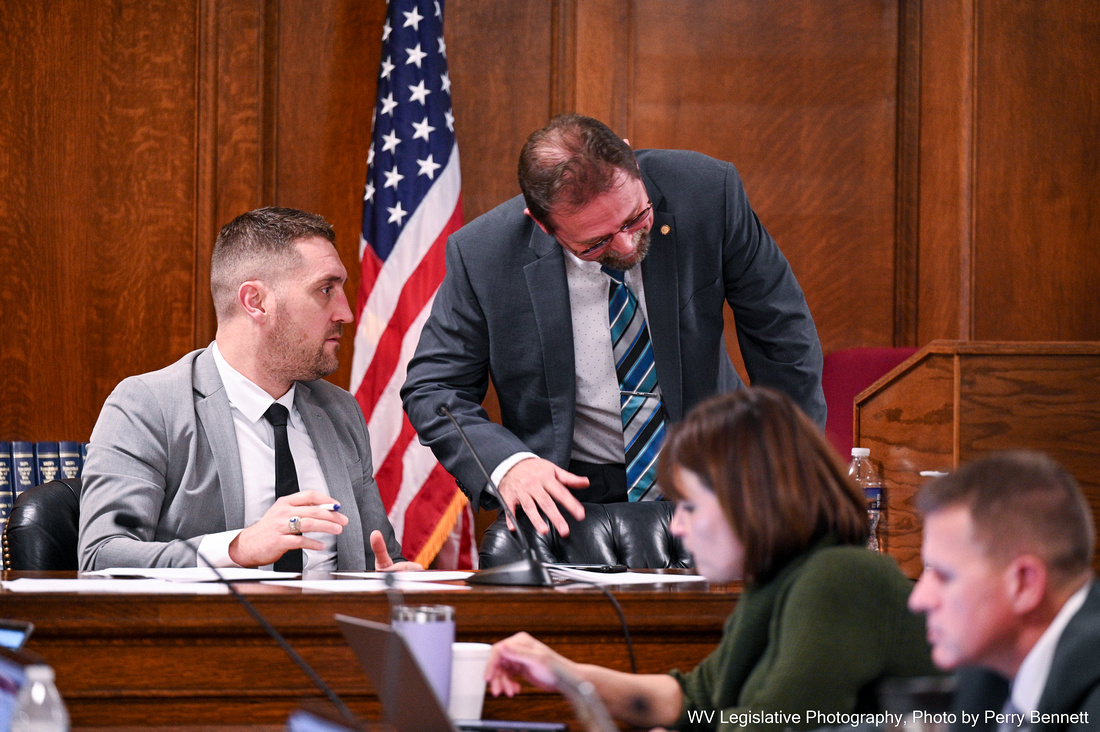Republicans in the West Virginia House of Delegates are calling on their colleagues in the West Virginia Senate to place constitutional protections from euthanasia on voters’ ballots this fall.
Euthanasia, or medically assisted suicide, is already illegal in the state.
With both chambers’ support, House Joint Resolution 28 would allow residents to vote on adding protections against euthanasia to the state constitution during this fall’s general election.
But lawmakers held conflicting views on the measure at a Senate Judiciary Committee meeting Monday.
Resolution sponsor Del. Pat McGeehan, R-Hancock, was invited to speak to senators in committee, stating that the state’s stance against euthanasia is important.
“There’s this phenomenon of nihilism that’s sort of spreading across the country, and I think it’s an important issue we need to address,” McGeehan said. “To the best of my knowledge, we’ll be the first to place this and take a stand in the state constitution.”
While euthanasia prevention received some bipartisan support, pushback on aspects of the bill fell along party lines.
Republican lawmakers wanted to add language to the amendment so it could not affect capital punishment policies.
But Democratic lawmakers like Sen. Mike Woelfel, D-Cabell, said that contradicts the purported pro-life nature of the resolution.
Woelfel said he supported the resolution generally, but that protecting capital punishment gave him pause. Other lawmakers expressed concern over outright condemning euthanasia.
Sen. Mike Caputo, D-Marion, said he became more sympathetic to legalizing euthanasia after watching his father-in-law suffer through hospice care at the end of his life.
“We was praying for him to die, that’s how much he was suffering. We was literally praying for him to die,” Caputo said. “I know that, if he could have made this decision to end it earlier, he would have done that.”
Caputo also expressed concern that the resolution would hold legal implications for medical professionals, but McGeehan said the measure would not hold legal weight beyond what is already in place in state law.
Ultimately, members of the committee voted in favor of the resolution, sending it to the Senate floor with the recommendation that it pass.
If members of the Senate approve the resolution, West Virginia voters will be able to vote on constitutional protections from euthanasia in the state general election this November.
